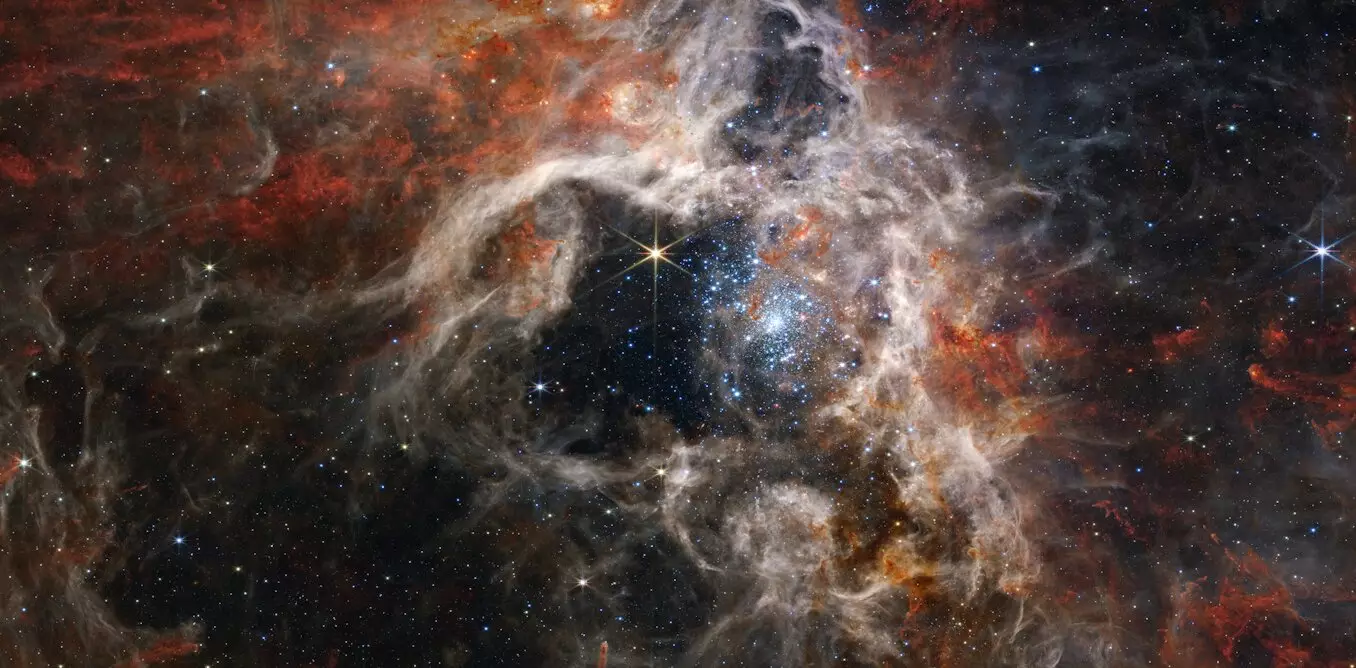The Higgs boson, a fundamental particle responsible for the mass and interactions of all other particles, plays a crucial role in our understanding of the universe. The existence of the Higgs field, akin to a still water bath that permeates the universe, allows us to observe consistent masses and interactions across the cosmos. However, the Higgs field is not in its lowest possible energy state, leaving room for potential phase transitions that could drastically alter the laws of physics.
Recent research suggests that certain models of the early universe involving light primordial black holes could pose a serious risk to the stability of the cosmos. These models, if accurate, would have triggered the Higgs boson to lead to the end of the universe by now. A phase transition in the Higgs field could create low-energy bubbles with entirely different physics, resulting in significant changes to particle masses and interactions.
The formation of bubbles in the Higgs field requires external energy sources, such as strong gravitational fields or hot plasma. While quantum mechanics allows for energy fluctuations that could lead to bubble formation, the presence of primordial black holes creates a constant source of heat that may trigger bubbling more easily. However, thermal effects shortly after the Big Bang stabilized the Higgs field, preventing the universe’s premature end.
Primordial black holes, emerging from overly dense regions of spacetime in the early universe, are theorized to have contributed to the universe’s evolution shortly after the Big Bang. However, their existence raises questions about the stability of the Higgs field. The rapid evaporation of light primordial black holes, predicted by Stephen Hawking’s work on black hole radiation, suggests that their presence would lead to the bubbling of the Higgs field.
Analytical calculations and numerical simulations have demonstrated that the presence of primordial black holes as heat sources would constantly cause the Higgs field to bubble, potentially leading to significant changes in particle masses and interactions. However, the fact that we have not observed such effects suggests that these objects are unlikely to have existed. This raises doubts about cosmological scenarios predicting their presence.
The continued exploration of the Higgs boson and its interactions with external factors like primordial black holes could reveal new particles or forces at play in the universe. Discovering evidence of past primordial black holes would open up exciting possibilities for understanding the Higgs field and its resilience to destabilizing influences. Our journey to unravel the mysteries of the universe, from the smallest to the largest scales, is far from over.


Leave a Reply